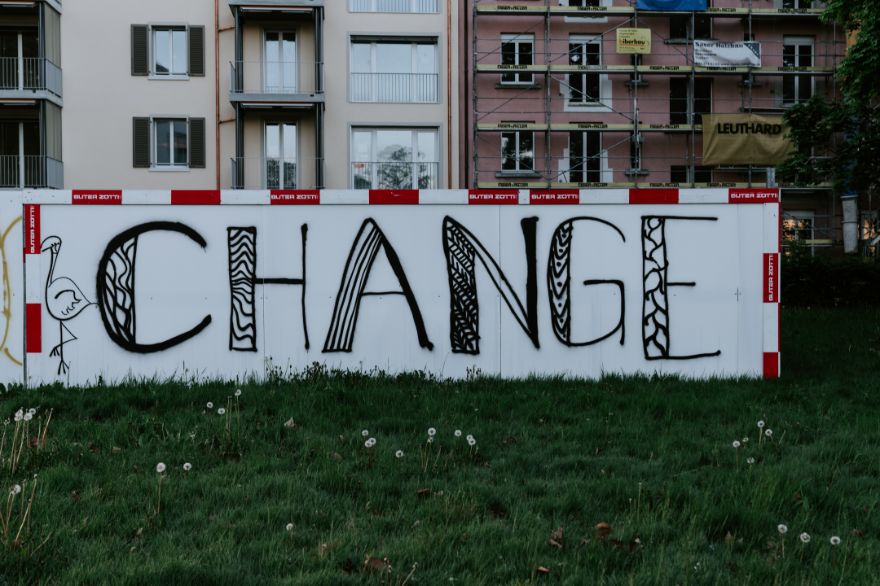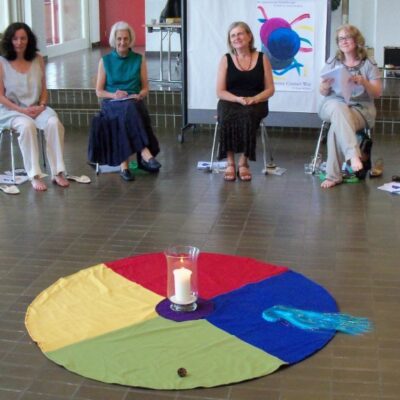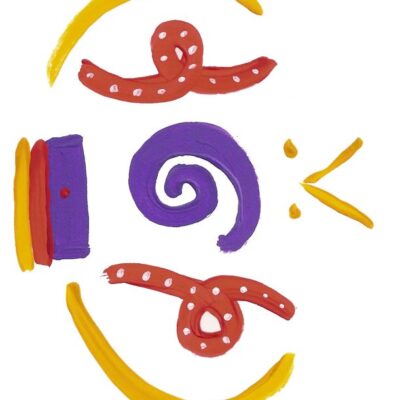
I watch people showing their flexibility, resilience, and adaptability in relation to the pandemic. People have done awesome, even heroic things in this time of change that was not planned, or agreed to by the people. I live in the USA and I find that people all around me are doing their very best in a situation still affecting communities, families, businesses and individuals. People are also sorrowing from the immense losses over the last 2 years.
There is change that we cannot do anything about, except to respond to it, adapt to it and do our best to be resilient. The current global pandemic has brought change to us that we didn’t agree to participate in from the outset, and yet it is change that has happened and that we must adapt to.
There is also change that falls into the category of change that we have said we want, or at least that we have said yes to. I invite you to think about this for a moment. What does it mean when you say yes to change?
Saying Yes to Change
When we say yes to change, we may think we are saying yes to shifting towards a desired state as a family, a community, a team, an individual, a couple, or an organization. We get excited in the moment of saying yes to change, to arrive at the desired state.
However, are we taking into account, when we say yes, to other elements involved in the process of changing?
When I developed the five foundational beliefs of the Genuine Contact way of living and working, I included a belief about change. I share this with you so that you can consider what it means when you say yes to change.
“We believe that change with its accompanying loss, grief work, and conflict is constant. Individuals and organizations that develop mastery in working with change can sustain optimal effectiveness. These leaders and organizations recognize that change cannot be managed, that energy spent trying to manage change is wasted energy, and that productive use of individual and organizational energy is achieved by working with change rather than against it.”
When you say yes to change, you are not saying yes to an event. You are saying yes to a process and your willingness to work with change and with productive use of individual and organizational energy.
When you say yes to change, there is no guarantee of a particular outcome. At the start of the process, you may believe that you said yes to a particular outcome however, that is not how change works. You can certainly have a particular outcome in mind, yet you are saying yes to your willingness to be surprised and even to achieve an outcome better than the one currently in front of you.
When you say yes to change, you are saying yes to loss, and thus you are also saying yes to the griefwork that comes with loss, and the conflict, including inner conflict that accompanies change.
When you say yes to change, and the process of change is underway, there is no going back to what was. Never. And so you might as well keep going through the change process, to arrive at something that feels better than where you started.
The Power of Making Intentional Choices for Change
The pandemic time has been a powerful moment in history if being intimately aware of changes being imposed on people rather than being of our own individual choice and free will. Where each person retained their power, their sovereignty, was in choosing how to respond to those changes. We could each make our personal choices about how these new imposed changes would affect our lives. And what changes we would make for ourselves, our families, our work, and our communities to adapt to this imposed change.
The same will continue to be true as we move into the “after times.” Life and work will not return to the “normal” of the before times. It will establish a new normal. Hopefully we can continue to apply what we have each learned, individually and collectively, about making intentional change, as we continue to make changes into this new normal.
And this includes saying yes to the process of change, not just the decision. To preparing, recognizing, and working with the grief that will happen, acknowledging loss, and conflict that may arise as change happens.
Photo by Claudio Schwarz on Unsplash











Leave a Reply
You must be logged in to post a comment.